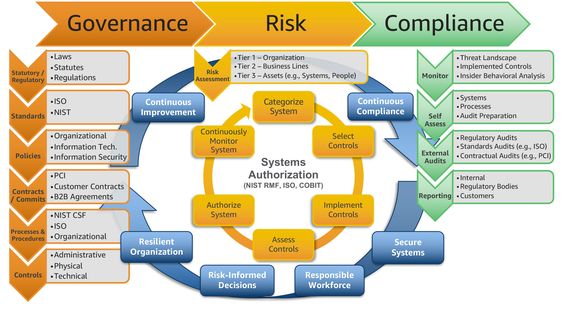Project planning and management are critical processes that help organizations to achieve their goals and objectives. In this article, we will discuss the essential aspects of project planning and management, including their definitions, benefits, and best practices.
Definition of Project Planning and Management
Project planning refers to the process of defining the scope, budget, schedule, and resources needed to complete a project successfully. On the other hand, project management involves the execution of the project plan and ensuring that the project is delivered on time, within budget, and to the required quality.
Benefits of Project Planning and Management
Effective project planning and management provide numerous benefits to organizations, which include:
– Improved productivity and efficiency
– Enhanced communication and collaboration
– Efficient allocation of resources
– Timely identification of risks and issues
– Proper management of project scope, budget, and schedule
– Increased customer satisfaction
– Better decision making
– Boosted team morale and motivation
Key Components of Project Planning and Management
The following are the key components of project planning and management:
– Define project goals and objectives
– Develop the project plan and schedule
– Identify project stakeholders and their roles and responsibilities
– Allocate project resources, including personnel, equipment, and funds
– Manage project risks and issues
– Monitor project progress and assess project performance
– Ensure project quality and compliance with relevant standards and regulations
– Close the project and conduct post-project reviews
Best Practices in Project Planning and Management
To ensure the success of project planning and management, organizations should follow the following best practices:
– Involve all stakeholders in the planning process and establish clear project goals and objectives
– Develop a realistic project plan and schedule and regularly monitor and update them as needed
– Allocate resources efficiently and effectively and ensure that all team members have clear roles and responsibilities
– Manage risks and issues proactively and develop contingency plans
– Monitor project progress and assess project performance against established metrics and KPIs
– Ensure that project deliverables meet the required quality standards and comply with relevant regulations and standards
– Conduct post-project reviews to identify areas for improvement and learning opportunities
Project Planning and Management Tools
There are several project planning and management tools that organizations can use to facilitate the planning and execution of projects, including:
– Project management software, such as Asana, Trello, and Wrike
– Gantt charts and other visual planning tools
– Project management templates and checklists
– Risk management software and tools
– Collaboration and communication software, such as Slack and Microsoft Teams
You might find these FREE courses useful
- Project Planning
- Project Planning and Execution
- Project Planning and Machine Learning
- Top Project Management: Life Cycle And Project
- Project Management: Life cycle and project planning
- Fundamentals of Project Planning and Management
- Project Planning: Putting It All Together
- Initiating and Planning Projects
Conclusion
Project planning and management are essential processes that help organizations to achieve their goals and objectives. Implementing best practices and using project planning and management tools can enhance productivity, communication, and collaboration, as well as improve project outcomes. By following these principles, organizations can deliver successful projects and gain a competitive advantage in their respective industries.
